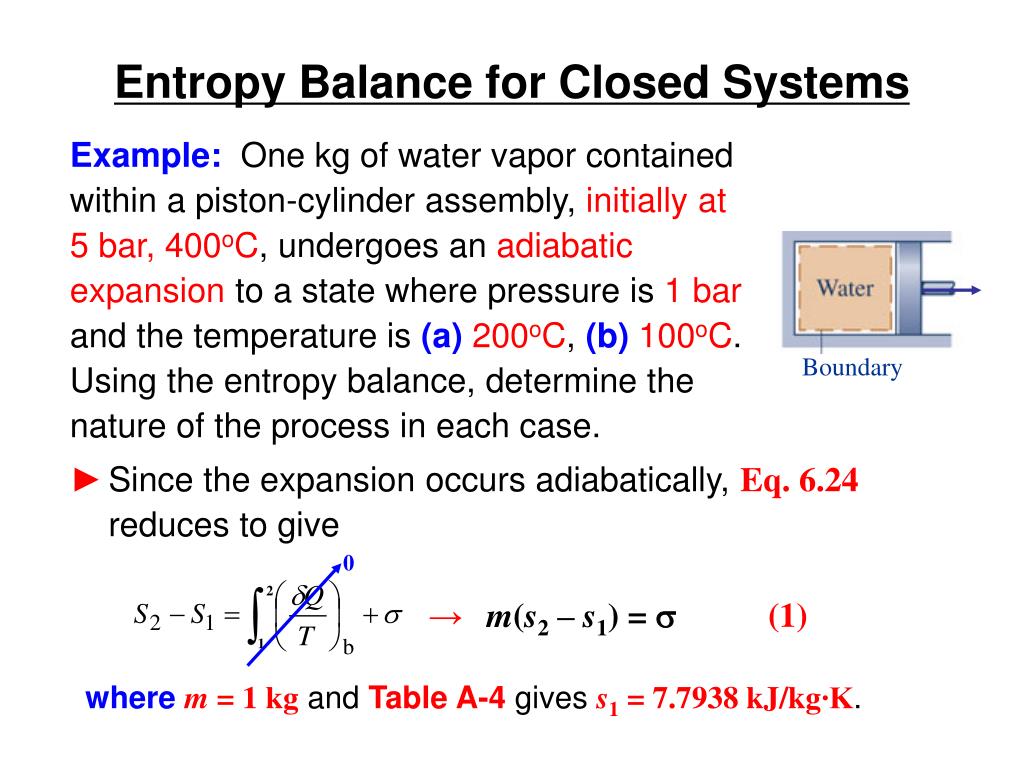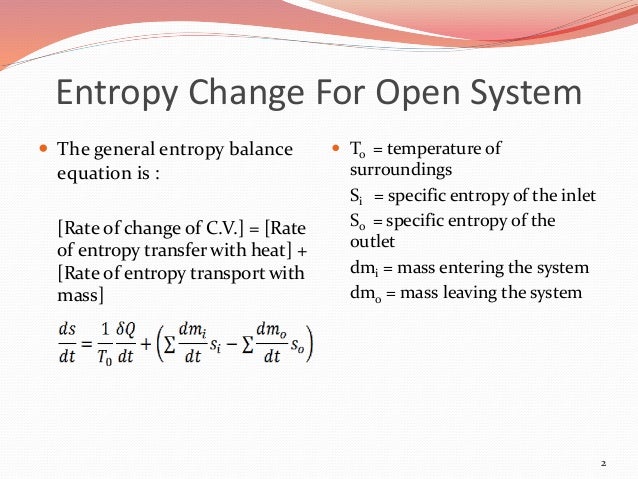

Some have tried to imagine exceptions to the Second Law at some time or times in the past, which allowed evolution to proceed in spite of entropy, but such ideas are nothing but wishful thinking.īeing a generalization of experience, the second law could only be invalidated by an actual engine.

This, indeed, is a good question, and one for which evolutionists so far have no answer. I can only pose the question - because it seems to me the question most worth asking and working upon with all our intellectual and scientific resources. How can the forces of biological development and the forces of physical degeneration be operating at cross purposes? It would take, of course, a far greater mind than mine even to attempt to penetrate this riddle. Creationists have been pointing out this serious contradiction for years, and it is encouraging that at least some evolutionists (such as Harris) are beginning to be aware of it. 1Īs Harris points out, the law of increasing entropy is a universal law of decreasing complexity, whereas evolution is supposed to be a universal law of increasing complexity. At the same time that this is happening on the physical level of existence, something quite different seems to be happening on the biological level: structure and species are becoming more complex, more sophisticated, more organized, with higher degrees of performance and consciousness. This follows from the Second Law of Thermodynamics, which seems about as basic and unquestionable to modern scientific minds as any truth can be.

There is a factor called "entropy" in physics, indicating that the whole universe of matter is running down, and ultimately will reduce itself to uniform chaos. The popular syndicated columnist, Sydney Harris, recently commented on the evolution/entropy conflict as follows:


 0 kommentar(er)
0 kommentar(er)
